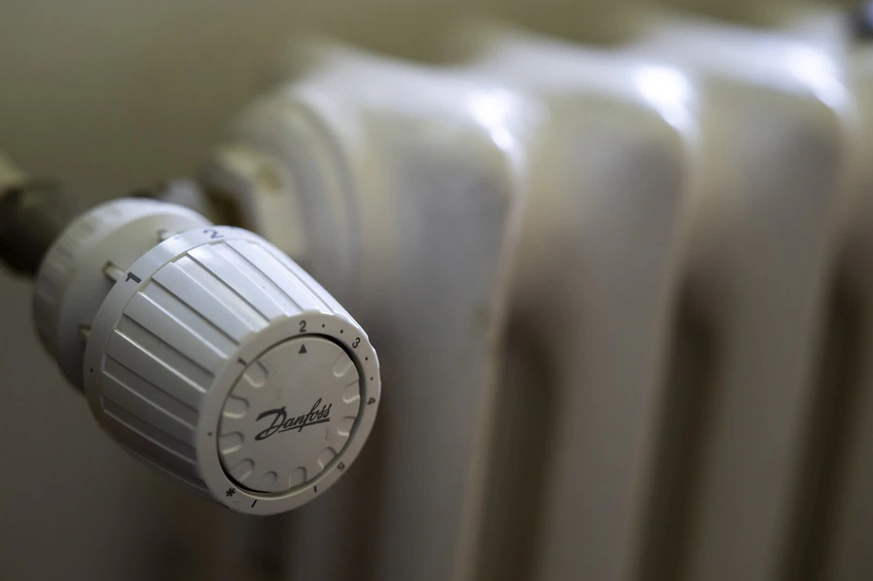Dialling back: households would be called on to reduce the heat, if necessary. © Keystone / Martial Trezzini In case of a shortage, households and businesses which heat with piped gas would be asked to lower temperatures to 20°C, the government has said. The contingency scenario agreed by ministers is a slightly modified version of a four-stage plan announced in August, which has since gone through a consultation process involving cantonal authorities and other stakeholders. In the initial plan, for example, the temperature limit was planned at 19°C, and the contribution to be made by private households was less marked. On Wednesday the government said that without the contribution of households, which account for some 40% of gas used in the country, reducing
Topics:
Swissinfo considers the following as important: 3) Swiss Markets and News, 3.) Swissinfo Business and Economy, Business, Featured, newsletter
This could be interesting, too:
RIA Team writes The Importance of Emergency Funds in Retirement Planning
Nachrichten Ticker - www.finanzen.ch writes Gesetzesvorschlag in Arizona: Wird Bitcoin bald zur Staatsreserve?
Nachrichten Ticker - www.finanzen.ch writes So bewegen sich Bitcoin & Co. heute
Nachrichten Ticker - www.finanzen.ch writes Aktueller Marktbericht zu Bitcoin & Co.
In case of a shortage, households and businesses which heat with piped gas would be asked to lower temperatures to 20°C, the government has said.
The contingency scenario agreed by ministers is a slightly modified version of a four-stage plan announced in August, which has since gone through a consultation process involving cantonal authorities and other stakeholders.
In the initial plan, for example, the temperature limit was planned at 19°C, and the contribution to be made by private households was less marked.
On Wednesday the government said that without the contribution of households, which account for some 40% of gas used in the country, reducing usage significantly would not be possible. As for the raising of the maximum temperature from 19°C to 20°C, this was based on the premise that 20°C was an easier number both to measure and to set.
Failure to respect the limit would be punished, but authorities are still exploring options as to how this would work. Economics Minister Guy Parmelin said on Wednesday that the goal was not to send police around to every apartment with thermometers, and that the responsibility of citizens would be called upon in case of a shortage.
Other measures were also finalised, including a decision not to grant exceptions from emergency rationing plans. In scenarios involving a sudden outage of gas, rationing might have to be introduced immediately, and for a period of 24 hours, the government said; this could be extended up to several weeks if necessary.
Ultimately however, as for the likelihood of a severe shortage, “this can’t be predicted and depends on meteorological and especially geopolitical factors”, the executive wrote. For his part, Parmelin said the risk remained – for this winter at least – “relatively low”.
More: SWI swissinfo.ch certified by the Journalism Trust Initiative
Tags: Business,Featured,newsletter

